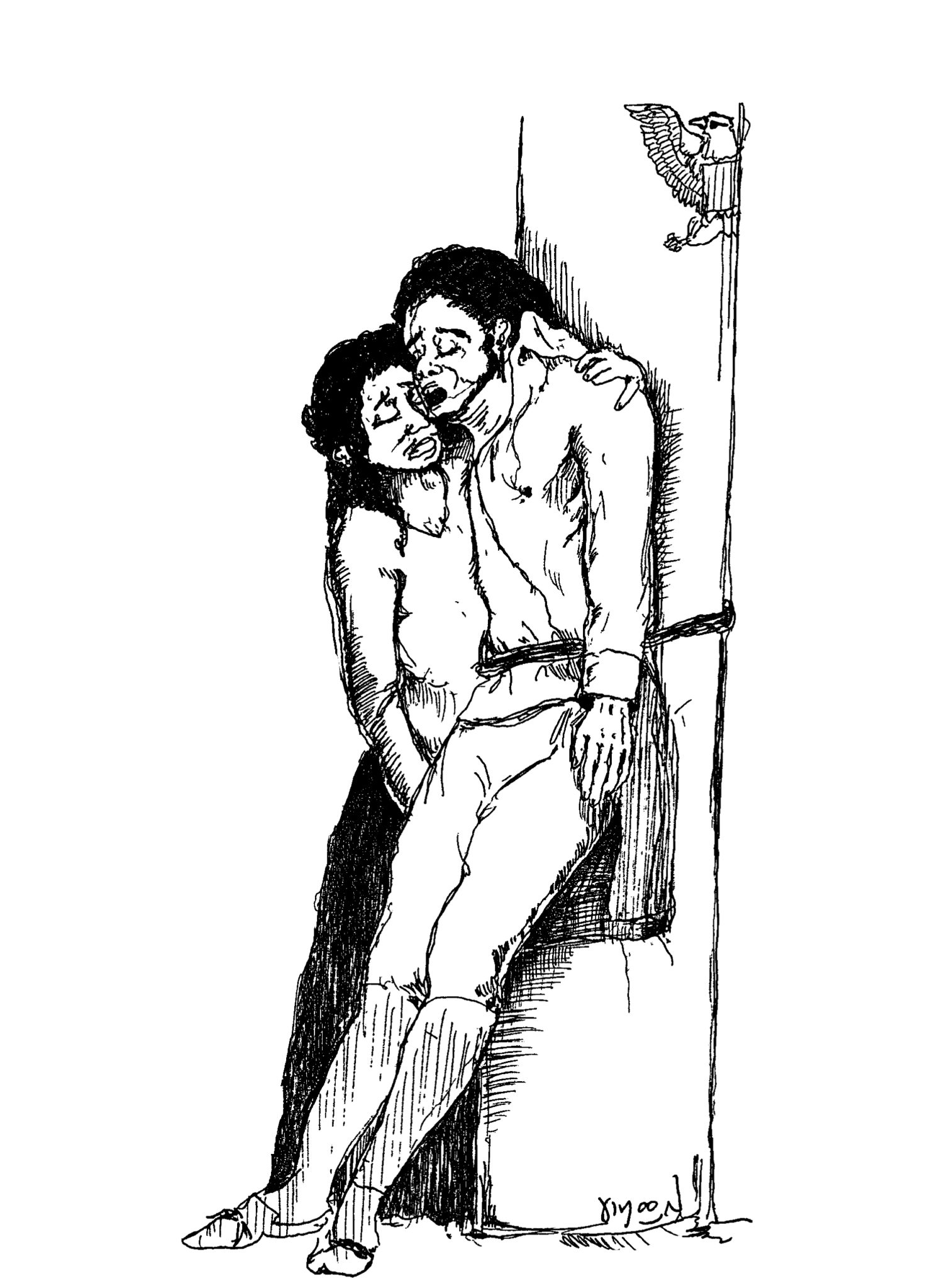
Jiyoon Park
A new Yale paper, published in the January issue of the American Medical Association Journal of Ethics, exhorts physicians to address the underlying societal forces that prevent patients from staying healthy.
The paper’s authors, Yale psychiatrists Bandy Lee MED ’94 DIV ’95 and John Young considered the meaning of the hippocratic dictum — “First, do no harm” — in the context of social dynamics like structural violence and the systemic inability of many people to access basic needs that predispose certain people to medical harm. They suggested a new conception of medical ethics that obligates physicians not only to consider these structures while treating patients, but also to take an active role in fighting against these social injustices.
“As health care professionals, we have an ability to help, to point out and root out this structural violence,” Young said.
In the paper, the authors noted that deaths caused by the insufficient distribution of resources — by starvation or preventable disease, for example — would “certainly fall within the top 10 [causes of death worldwide].” In a perfectly equal society, the paper argues, these deaths could be avoided. But in the world we live in, doing no harm might require social disruption on the part of the physician to turn harmful dynamics into helpful ones.
But structural violence doesn’t always kill through starvation — limited access to health care is a major problem as well, said Lee, who recently made headlines after she publicly questioned President Donald Trump’s sanity.
“Bringing care to those who need it is just as important as treating those who walk into our office,” she said.
Because structural violence takes place through social and political institutions, the authors write, an effective medical approach must incorporate political action. For instance, policy changes to address the roots of violence is better than individually tailored treatment for people who become violent, Lee said.
She added that because violence by a person is often precipitated by structural violence — systemic barriers that prevent access to basic needs — an effort to reduce structural violence can help make people less violent and healthier.
The kind of medical activism for which the authors advocate is not unprecedented — Young noted that physicians have taken a stand against both the death penalty and the advanced interrogation methods used at Guantanamo Bay, Cuba, two cases in which a dialogue was created and progress made.
`Asked how the medical community should try to effect change in social structures more broadly, Lee acknowledged that physicians may find the most success doing so indirectly through the political sphere. This does not mean that medicine must be partisan, however. “Medicine or psychiatry, as scientific fields, have the ability to serve as a neutralizing ground for politics,” Lee said.
Instead of directly pushing policy, the medical field could expand the ways it advises politicians on the medical implications of policy — mirroring the role that medical expert witnesses play during trials, Lee said.
While preventing injustice can’t be the central practice of all physicians, all doctors should be mindful of the social forces that influence patients’ health, the authors wrote.
“You can do a lot more by stepping outside the office once in a while,” Lee said.
Josh Purtell | josh.purtell@yale.edu







